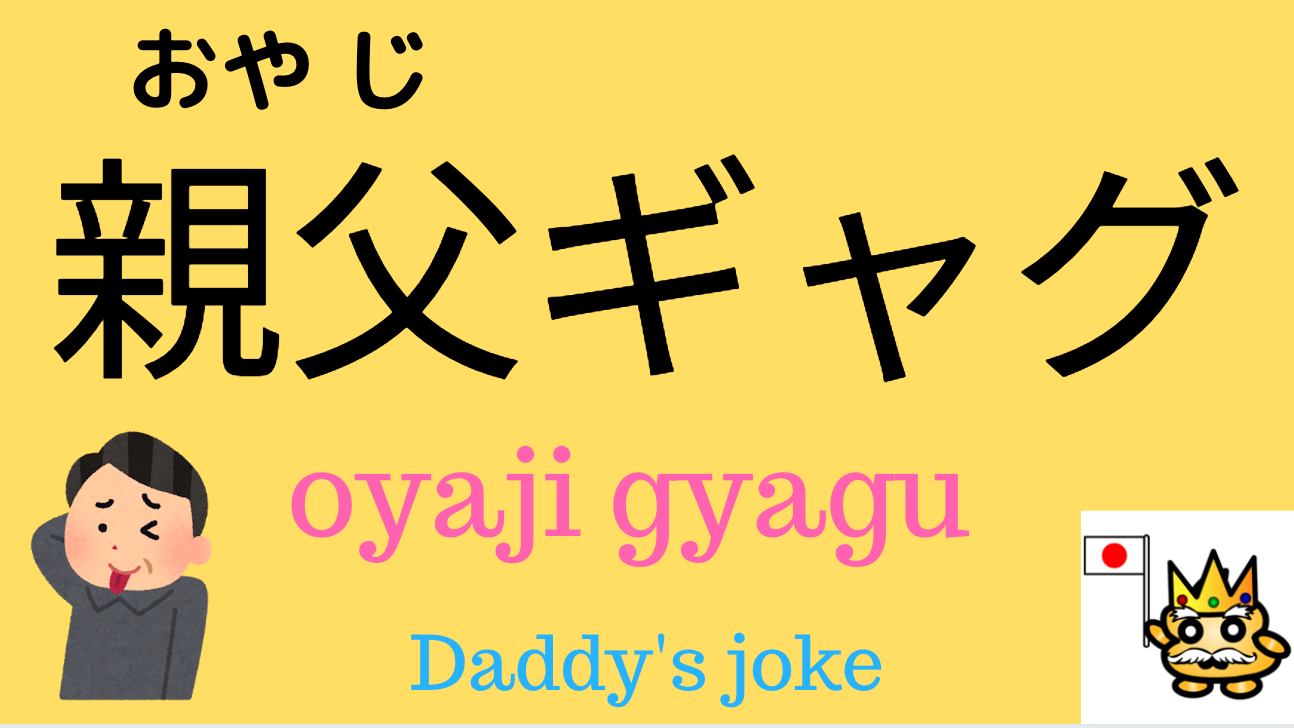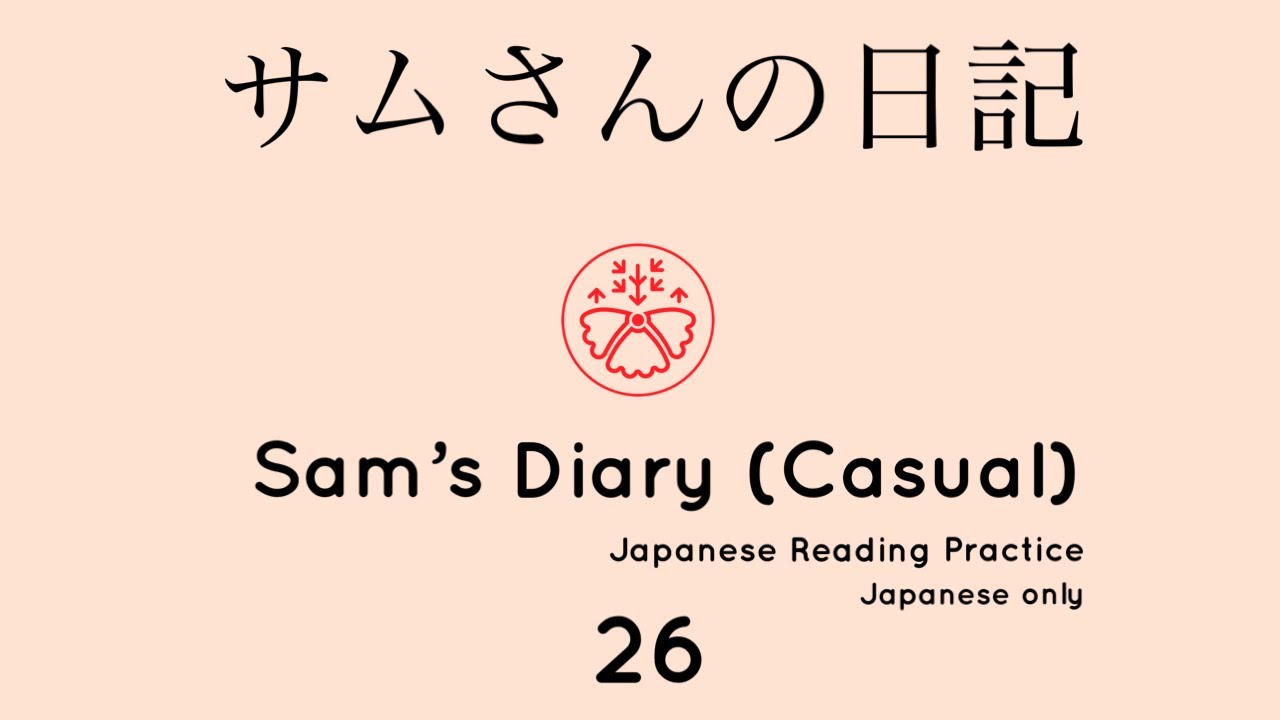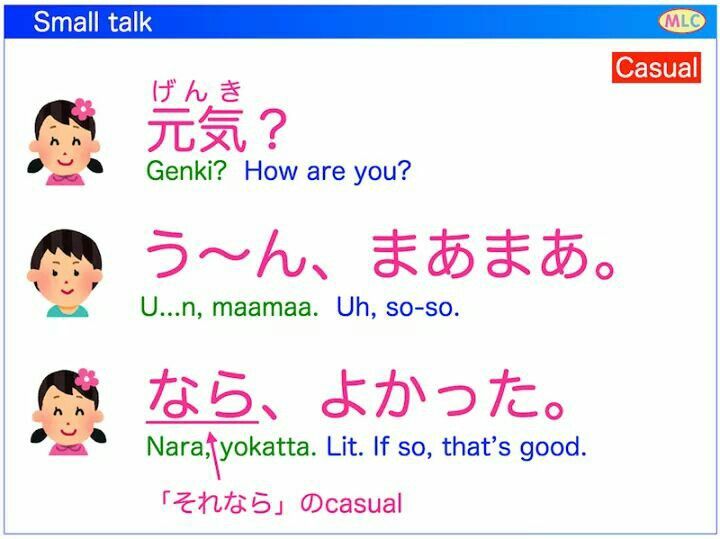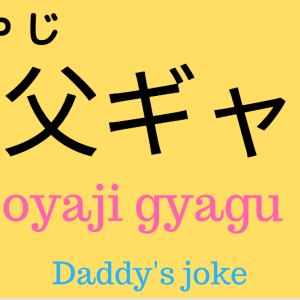Ways to Say “I Know” in Japanese – Casual & Formal Ways
In the ever-expanding realm of language, mastering the art of communication in various contexts is like discovering hidden treasures. One such linguistic treasure trove is the Japanese language, renowned for its intricate nuances and polite conventions. Among the many facets of Japanese communication, knowing how to express the simple phrase “I know” can lead you down intriguing pathways of cultural understanding. In this article, we’ll delve into the casual and formal ways to convey this knowledge in Japanese, opening doors to deeper connections and smoother interactions. So, let’s embark on this linguistic journey together.
The Essence of Knowing in Japanese

Before we explore the diverse ways of saying “I know” in Japanese, it’s essential to grasp the cultural significance of this phrase. In Japan, politeness, respect, and social harmony play a pivotal role in everyday interactions. Expressing knowledge is not merely a statement of awareness; it reflects your understanding of these cultural nuances. Let’s start by unveiling the casual ways.
Casual Ways to Say “I Know” in Japanese
- 知ってる (Shitteru) – This is perhaps the most straightforward way to express knowledge casually. It’s akin to saying “I know” in English.
- 分かってる (Wakatteru) – This phrase not only conveys knowledge but also indicates comprehension. It’s like saying, “I get it.”
- わかる (Wakaru) – This is a more concise form of “分かってる” and is often used in informal settings among friends.
- 了解 (Ryōkai) – Borrowed from the military context, it signifies understanding and acknowledgment.
Now, let’s transition to the formal ways of acknowledging knowledge in Japanese, which are indispensable in professional or respectful situations.
Formal Ways to Say “I Know” in Japanese
- 承知しております (Shōchi shite orimasu) – This formal phrase denotes that you not only know but also acknowledge and accept the information.
- 存じております (Zonjite orimasu) – This expression goes beyond knowing; it implies a deep level of respect for the information or the person conveying it.
- 存じ上げます (Zonjiagemasu) – Similar to the previous phrase, this one emphasizes a profound sense of respect and understanding.
- 把握しております (Haaku shite orimasu) – It signifies a thorough grasp of the situation, making it suitable for formal business discussions.
The Beauty of Context

In the intricate tapestry of the Japanese language, context plays a pivotal role. The choice between casual and formal expressions of knowledge depends on various factors, including your relationship with the other person, the setting, and the degree of formality required. In essence, mastering the art of saying “I know” in Japanese means navigating this cultural landscape with finesse.
Embracing the beauty of the Japanese language entails more than just words; it’s a dance of etiquette and expression, an art form that transcends linguistic boundaries. So, whether you’re engaging in casual banter with friends or conducting business in a formal setting, remember that the way you say “I know” in Japanese is a reflection of your cultural awareness and respect.
Explore More on Tourjapanaz.com/

Chuyên mục Blog của là website chuyên cập nhật thông tin mới nhất về chủ đề Ways to say “I Know” in Japanese – Casual & Formal Ways. Đừng quên follow để khám phá thêm về Ways to say “I Know” in Japanese – Casual & Formal Ways bạn nhé.
A Customer Review of “Ways to Say ‘I Know’ in Japanese – Casual & Formal Ways”
As we dive into the intricacies of Japanese language and culture, it’s important to note how invaluable resources like can be. As a Gen Z individual, I appreciate content that’s not just informative but also relatable to my generation.
This article on “Ways to Say ‘I Know’ in Japanese – Casual & Formal Ways” not only provides valuable insights but does so in a way that resonates with the Gen Z mindset. The use of concise language and relatable examples makes it easy to grasp the nuances of Japanese expressions. It’s a refreshing departure from traditional language guides, making the learning process engaging and enjoyable.
In an age where cultural understanding and global connections are more important than ever, resources like this article are a testament to the evolving landscape of language education. It’s not just about knowing words; it’s about understanding the culture and context behind them. Kudos to for bridging the gap and making Japanese language and culture accessible to a new generation.
Conclusion

In the ever-evolving world of language and culture, the ability to say “I know” in Japanese, whether casually or formally, is a bridge to deeper connections and a greater understanding of this rich and diverse culture. As you embark on your journey of linguistic discovery, remember that it’s not just about words; it’s about respect, context, and the beautiful tapestry of human communication.
So, go forth and explore the myriad ways to express knowledge in Japanese, and may your journey be as enriching as the culture itself. Arigatou gozaimasu for joining us on this linguistic adventure.
key words
- learn japanese
- how to say hello in japan
- say i love you in japan

No Responses